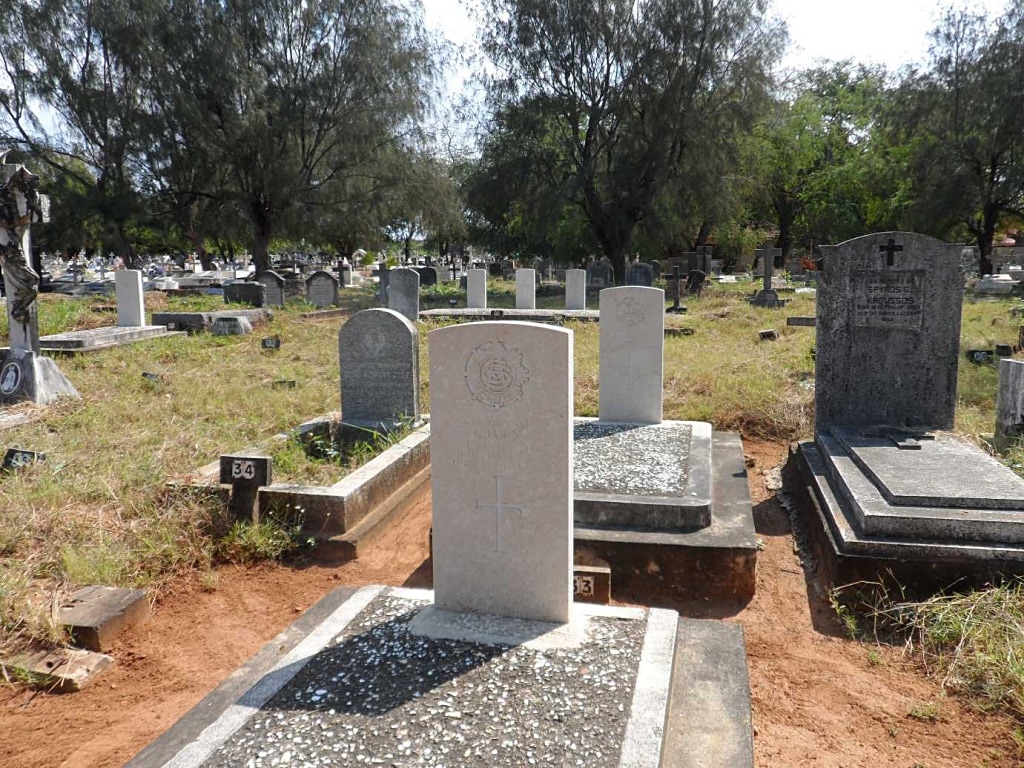
Principal Investigator: Samson Kiware
Project leader/ Coordinator: Selemani Mmbaga
Project Administrator: Felix Brown
Funding Partner: National Institute of Health, USA
Start date: Sept. 12, 2022
End date: Sept. 11, 2024

Epidemic Detection & Response (EDRP)
The project aims to investigate if satellite imagery can be used/applied to detect epidemics in settings where local data collection and reporting infrastructure are not sufficient. Artificial intelligence will be used to detect high casualty epidemics from satellite imagery of burial sites.
According to some background research shared by the project team, detecting high-casualty epidemics is essential for health authorities to prospectively prevent pandemics and to retrospectively address health needs. Low- and middle-income countries (LMICs), including Tanzania, lack data systems to detect high casualty epidemics, either prospectively or retrospectively with only <3% of deaths registered in sub-Saharan Africa.
The project will be implemented on the basis of the following hypothesis and aims:
- Central hypothesis: a convolutional neural network (CNN) algorithm analyzing satellite imagery can detect high-casualty epidemics based on the accelerated growth of burial sites.
- Aim 1: Develop and test the performance of a region-based convolutional neural network (R-CNN) to determine the occupancy of burial sites in satellite imagery.
- Aim 2: Determine whether algorithm accuracy with longitudinal imagery improves when advancing the CNN into an entirely novel “spot-the-difference” CNN (SD-CNN).
- Aim 3: Determine the magnitude of epidemics that can be detected automatically from satellite imagery.
The project study settings will include 102 burial sites selected across Tanzania. They will include; Arusha (17), Dar es Salaam (35), Dodoma (10), Kilimanjaro (11), Morogoro (14) and Mwanza (15).
As a collaborative project, Ifakara Health Institute will partner with Research Triangle Institute International (RTII) and the New York University School of Medicine to implement the two-year project: September 2022 - September 2024.
The project team will be led by Dr. Samson Kiware, Ph.D., as the Principal Investigator. Selemani Mmbaga will be the Project Leader.
